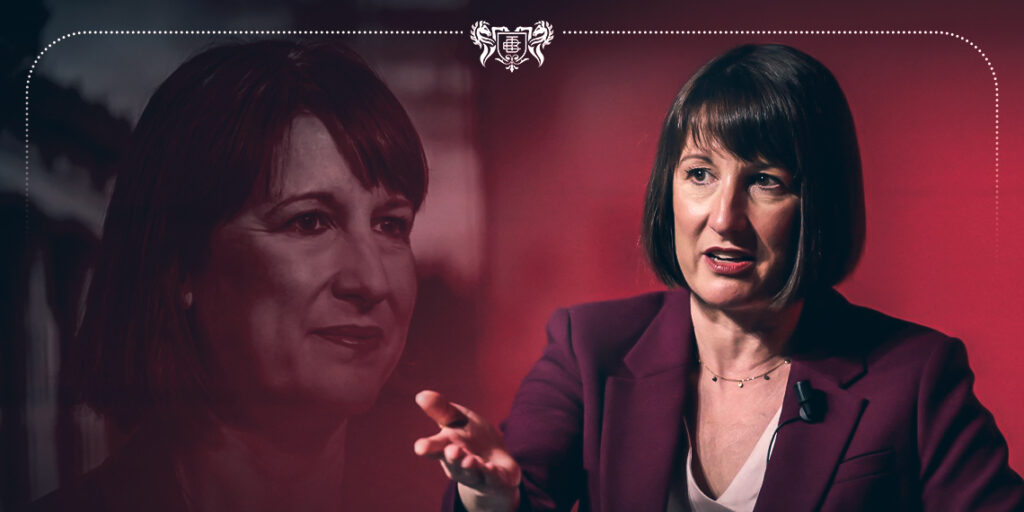The UK government is set to amend its self-imposed debt rules, enabling Chancellor Rachel Reeves to unlock billions for vital infrastructure projects.
In an exclusive interview with the BBC, Reeves explained that this technical adjustment in how debt is measured will facilitate crucial funding for enhancing the country’s economic framework.
She said this was being done “so that we can grow our economy and bring jobs and growth to Britain,” highlighting the need for substantial infrastructure development.
Despite these optimistic plans, Reeves’ upcoming Budget, scheduled for release next week, is expected to entail some cuts to public services alongside tax increases.
The government has committed to reducing debt as a percentage of GDP throughout this Parliament, deviating from the previous rolling five-year target.
The revised debt measurement could permit up to £50 billion in additional borrowing, aimed at significant infrastructure investments, including roads, railways, and hospitals.
However, it is anticipated that not all of this funding will be allocated in the forthcoming Budget.
“We will be changing the measure of debt,” Reeves confirmed, with details to be unveiled on 30 October.
She noted that the Treasury would establish safeguards around investment spending, with oversight from the National Audit Office and the Office for Budget Responsibility to ensure value for money.
Shadow Chancellor Jeremy Hunt expressed apprehension regarding increased borrowing, warning that it could lead to higher interest rates and adversely affect families with mortgages. “The markets are watching,” he stated, urging caution.
In response, a Labour spokesperson asserted that the party “will not take any lectures from the Tories on how to run the economy,” referencing the turmoil caused by former Prime Minister Liz Truss’s mini-budget.
The additional funding flexibility will not extend to day-to-day operational costs, as Reeves has pledged that these will be financed through tax receipts. This commitment suggests that planned tax increases will proceed as outlined in the Budget.
Speculation is mounting about which taxes may rise, particularly regarding Labour’s manifesto promise not to increase taxes on “working people,” which includes National Insurance, income tax, and VAT.
Reeves has indicated that businesses may face an increase in National Insurance, clarifying that the pledge pertains to the employee contribution rather than the employer’s share.
Prime Minister Sir Keir Starmer also clarified that individuals who derive income from assets, such as shares or property, do not fit the definition of “working people.”
He elaborated that a working person is someone who “works for a living and through that gets their income.”
Earlier, Reeves stated that it is crucial for the government to “get a grip on day-to-day spending,” ensuring it is funded through tax receipts and by reforming public services to enhance productivity.
She reaffirmed her commitment to a tighter financial rule requiring all operational spending to be covered by tax receipts, acknowledging the challenging decisions ahead regarding spending, welfare, and taxation.
Reeves aims to reverse what she describes as the “path of decline” inherited from the previous Conservative administration, which threatens to reduce government investment from 2.6% of GDP to 1.7% by 2028-29.
By prioritising increased investment in areas like digital technology, life sciences, and clean energy, Reeves believes the UK can seize significant opportunities. The proposed changes to debt rules reflect a transformative mindset within the new government, as reiterated by Prime Minister Starmer.


